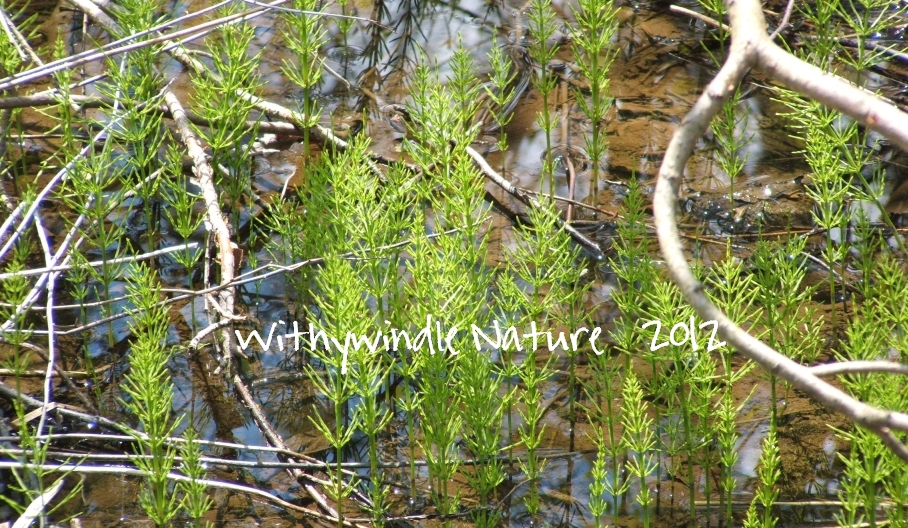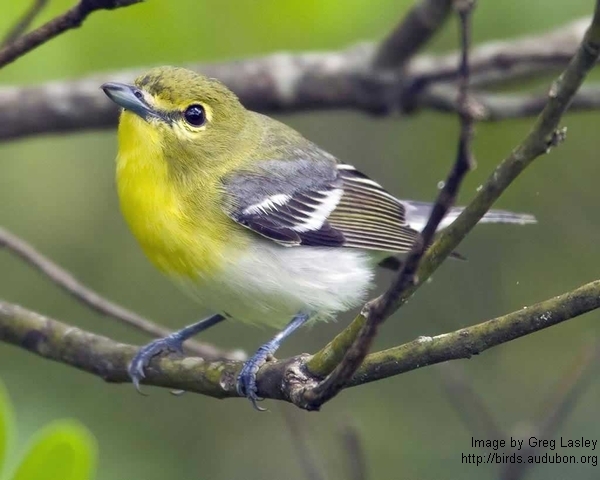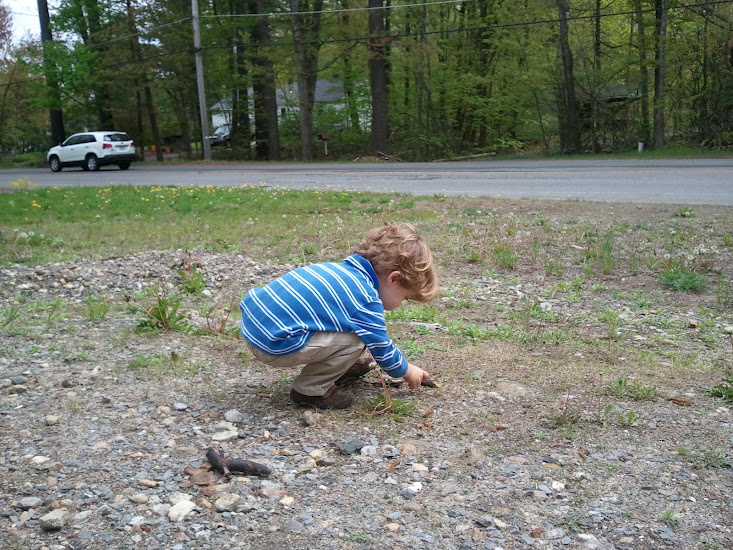Remember when I said that hibernating/lethargic black bears give birth and nurse their cubs while dormant/hibernating? Well, now you can watch video footage – captured this January – of a black bear giving birth to two cubs in her den!
An exciting new project from the Wildlife Research Foundation and Maine Department of Inland Fisheries and Wildlife has installed a ‘den cam’ which streams video footage from a black bear den in Maine. One of the things that makes this project interesting is the collaboration between a non-profit group – WRF – and a state agency to help both raise funds and awareness of wildlife conservation efforts.
Many thanks to Another Jennifer (native Mainer) for sending me the article in the Portland Press Herald which highlighted the project.
It’s interesting how much bears have been in the news lately. Seems like they’re the new ‘wildlife species of concern’, only instead of concern for their fate, folks are more concerned about having too many of them. In a related article in the Press Herald, Maine state biologists are addressing the concern of an increasing black bear population, coupled with a dropping number of bears taken by hunters. While this is a concern for many states, Maine is in the unique position of not having to worry about bear numbers – yet.
Nearly three-quarters of the state has a low human population density, along with large (thousands of acres) areas of undeveloped land. This means that bears have plenty of room to roam in Maine, without becoming a nuisance. That doesn’t mean that state biologists aren’t thinking about population control. The Press Herald article mentions that biologists are taking another bear population estimate this year, and will consider their options.
I’m interested to see how this plays out in various states here in New England over the next few years. History shows us that bear populations are more easily managed through hunting (whether done by state officials or the public) than coyote populations (coyotes being the other large animal of concern here in the northeast). I’m hoping wildlife education goes along with population control efforts.
How about you? Would you prefer that your state step in and use methods to directly control wildlife populations, or do you think they’re doing fine on their own? What role does education play in your state regarding human/wildlife encounters?




New York state does take steps along with hunting to control deer and geese and probably other wildlife I am not aware of. Black bears are becoming and increasing problem, but there is a decent attempt by the DEC to educate people on how to deal with them. I think there are always going to be conflicts with wildlife as we take more and more habitat away and the answer is going to be lethal for the wildlife. That and the imbalance in the system without the natural predators to these species.. I
Couldn’t have said it better. But I’m glad to hear that NY’s DEC is involved with wildlife education. I think that’s probably true for many (if not most or all) states. Unfortunately education alone probably isn’t enough, given how unbalanced the world is that these animals live in.
Glad you enjoyed the article and found it helpful! Though I’ve been living in Maine for almost 12 years, I am originally from Massachusetts. So, technically, I’m “from away.” It’ll be interesting to see what happens here with the bear population. I live in the area of the state where most people live (southern Maine), but even we’re starting to see bears in the area.
My guess is that you’ll continue to see more and more of them as their populations increase. Where in MA are you from?
I’m from Hopedale. My parents are still there. Actually, my mom is from the Leominster area, which I believe is near where you are?
Yup, Leominster borders our town to the south!